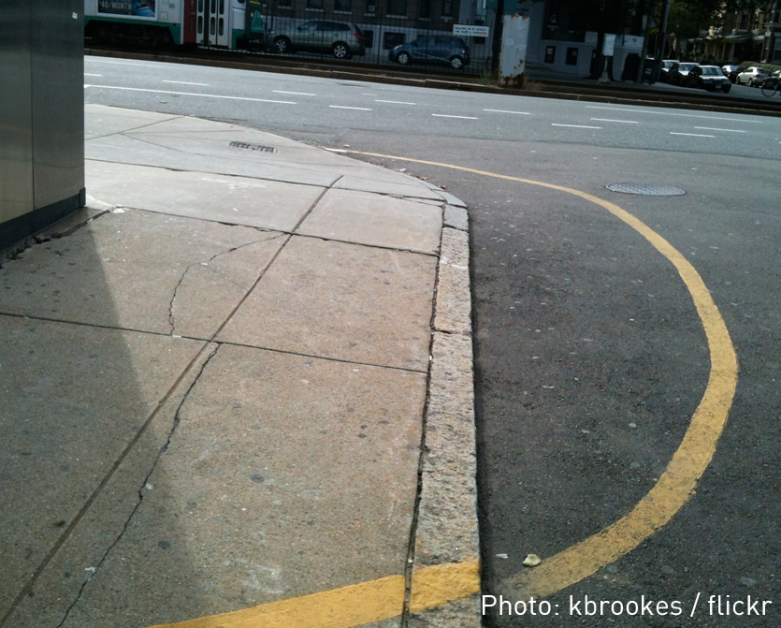What the SCOTUS Buffer Zone Ruling Means for Californians
Page Media

Today, the Supreme Court struck down a Massachusetts law creating a 35 foot buffer zone around abortion facilities. The Court balanced two fundamental rights: freedom of speech on public sidewalks and women’s right to access reproductive health care. At the ACLU, we care deeply about both rights, and believe that in balancing rights in conflict the goal is to safeguard both. In our view, the Court gave too little weight to the real world experience of women who have suffered harassment, obstruction, and intimidation in seeking care.
But the ruling in no way announces open season on abortion clinics. The important news in today’s decision is that it protects only peaceful expression, and reaffirms the government’s authority to protect patients and staff from obstruction and harassment. California has many laws on the books that protect safe access to abortion clinics. They are valid and enforceable. They include:
- Freedom of Access to Clinic Entrances Act. Modeled after a federal law that was discussed with approval in today’s ruling, this strong law prohibits obstructing, intimidating and harassing patients and staff.
- Local ordinances in California’s major cities. Many of these (Sacramento, San Jose, San Diego, Oakland) are modeled after a Colorado statute which the Supreme Court upheld in 2000 creating a small “bubble” around patients and staff as they enter and exit facilities. The Court did not question its 2000 ruling, to the great frustration of Justice Scalia and three members of the Court who wanted to invalidate most laws protecting abortion clinics. No California municipal ordinances directly mirror the Massachusetts law. While all will be reviewed in light of the decision, California’s major city laws create smaller buffer zones (Santa Barbara), were enacted in response to reflect years of enforcement problems (San Francisco) or directly target interference and obstruction of clinics, raising no First Amendment issues (Los Angeles).
- Injunctions. Courts in California have issued orders restraining protestors who have engaged in violent or obstructive behavior. Those remedies tailored to the clinic sites and addressing documented abuses, may include buffer zones. The Supreme Court endorsed injunctions following misconduct around abortion facilities in the Massachusetts case.
We can have vibrant political speech on our sidewalks while protecting access to abortion. We need not sacrifice either fundamental freedom. Today’s decision highlights the importance of enforcing the laws California has on its books which allow for dissent while protecting safe access to clinics. Control of reproduction is critical to women’s equality, and we ensure that this fundamental right is a reality for California women.
Maggie Crosby is a Senior Staff Attorney with the ACLU of Northern California.
